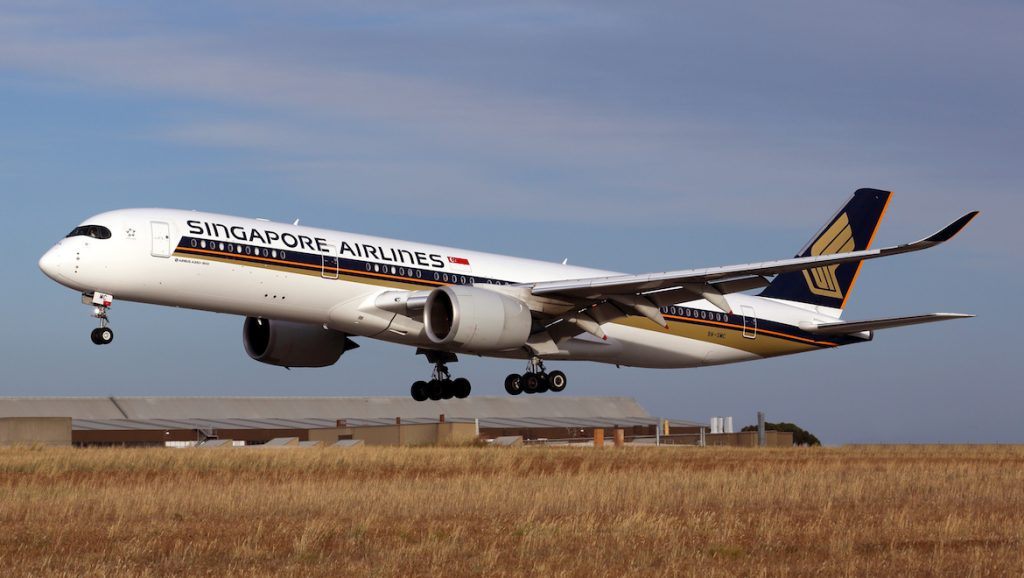
SIA has been unable to avoid necessary job losses, which will see its workforce shrink by 20 per cent, as the COVID-19 crisis continues.
Singapore Airlines has announced that it will cut 4,300 jobs, or around 20 per cent of its workforce, the first job cuts it has been required to make since the beginning of the COVID-19 pandemic.
The airline said including temporary stand-downs, early retirements and voluntary redundancies, the potential number of staff affected by involuntary job losses would be reduced to around 2,400.
Cuts will apply to both Singapore-based staff and staff at overseas bases.
SIA also stated that current projections suggest the carrier will be operating at under 50 per cent of its usual capacity by 31 March 2021, with capacity currently sitting at 8 per cent.
Analysts have previously stated that airlines like Singapore and Cathay Pacific will find it much more difficult to recover from the COVID-19 crisis.
This is because they have no domestic network to rely upon, and remain wholly dependent on international travel demand, which remains subdued thanks to border restrictions and travel bans, as the virus continues to run rampant in some parts of the world.
Current estimates suggest that demand for international travel may not return to 2019 levels until 2024.
In addition to job cuts, the airline revealed that it would be forced to simplify its operations, and focus on operating a smaller fleet on a reduced network for at least a number of years.
The job losses on Thursday were the first it had announced since the start of the pandemic, which has seen it raise US$8 billion of equity and debt to shore up its liquidity.
Job losses have been largely avoided by SIA up to now, with staff taking extended leaves of absence, or taking temporary redeployment assignments in the state’s public transport or hospital systems.
“The next few weeks will be some of the toughest in the history of the SIA Group as some of our friends and colleagues leave the company,” Singapore Airlines chief executive Goh Choon Phong said in a statement.
“This is not a reflection of the strengths and capabilities of those who will be affected, but the result of an unprecedented global crisis that has engulfed the airline industry.”




